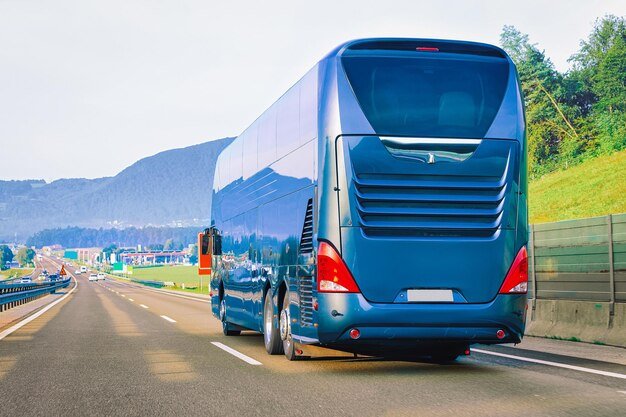I shared a post questioning why people often pray fervently on buses but rarely on flights. My intention wasn’t to suggest that we don’t need prayers when traveling by air but to spark reflection on the underlying reasons. Why do we instinctively pray on road trips yet feel less compelled to do so in the air?
One clear difference is regulation. Air travel in Nigeria is tightly controlled to ensure safety, giving passengers confidence that their flight will be secure. This assurance is built on the foundation of strict safety standards, regular aircraft maintenance, professional training, and oversight, which allows passengers to feel relatively safe. Conversely, road transport lacks that same level of regulation, leaving passengers uncertain about their safety and thus inclined to pray for a safe journey. While prayer is an essential practice for many, road transport should ideally be reliable and secure enough that people don’t feel the need to pray on every trip out of fear.
Take Lagos State as an example. The government has been actively working to improve the road transport system through initiatives like the Bus Rapid Transit (BRT) service. BRT buses are equipped with dedicated lanes, cameras, security at specific checkpoints, and regular maintenance, all of which contribute to greater passenger confidence. This framework has not only made road travel safer in Lagos but also offered a model that could be replicated across Nigeria. If other states were to adopt similar systems, it could lead to a nationwide transformation in road safety.
Historically, there was a time when air travel in Nigeria faced frequent and tragic accidents, but enhanced regulation, stricter safety protocols, and thorough oversight turned things around. Today, air transport is regarded as a safer option because it is closely monitored. Imagine if similar attention were given to road transport. Nigeria could see a significant reduction in road accidents, banditry, and even conflicts between drivers and passengers. With a robust regulatory framework, we could build a system where people feel as safe on the road as they do in the air, eliminating the need for constant prayers for protection and making way for a more peaceful travel experience.
Consider the impact of a well-regulated road system where drivers are thoroughly trained, fairly compensated, and adhere to strict safety standards. This would not only reduce accidents caused by mechanical failure and human error but could also help address issues of road insecurity, such as banditry. A regulated, safe transport system would allow Nigerians to travel with the peace and confidence that comes from knowing their journey is secure. Imagine a Nigeria where road trips evoke the same sense of security as a flight, where every traveler can experience peace, prosperity, and joy.
Improving our road transport system would shift the emphasis from praying for safety to taking proactive steps based on the wisdom and resources we’ve been given. We should utilize the tools and knowledge available to us to create safer systems rather than praying out of fear or necessity. As citizens, holding our leaders accountable and advocating for such changes could lead us to a future where every journey—whether by road or by air—is undertaken with confidence and peace, knowing that we’ve done our part to ensure safety for all.
